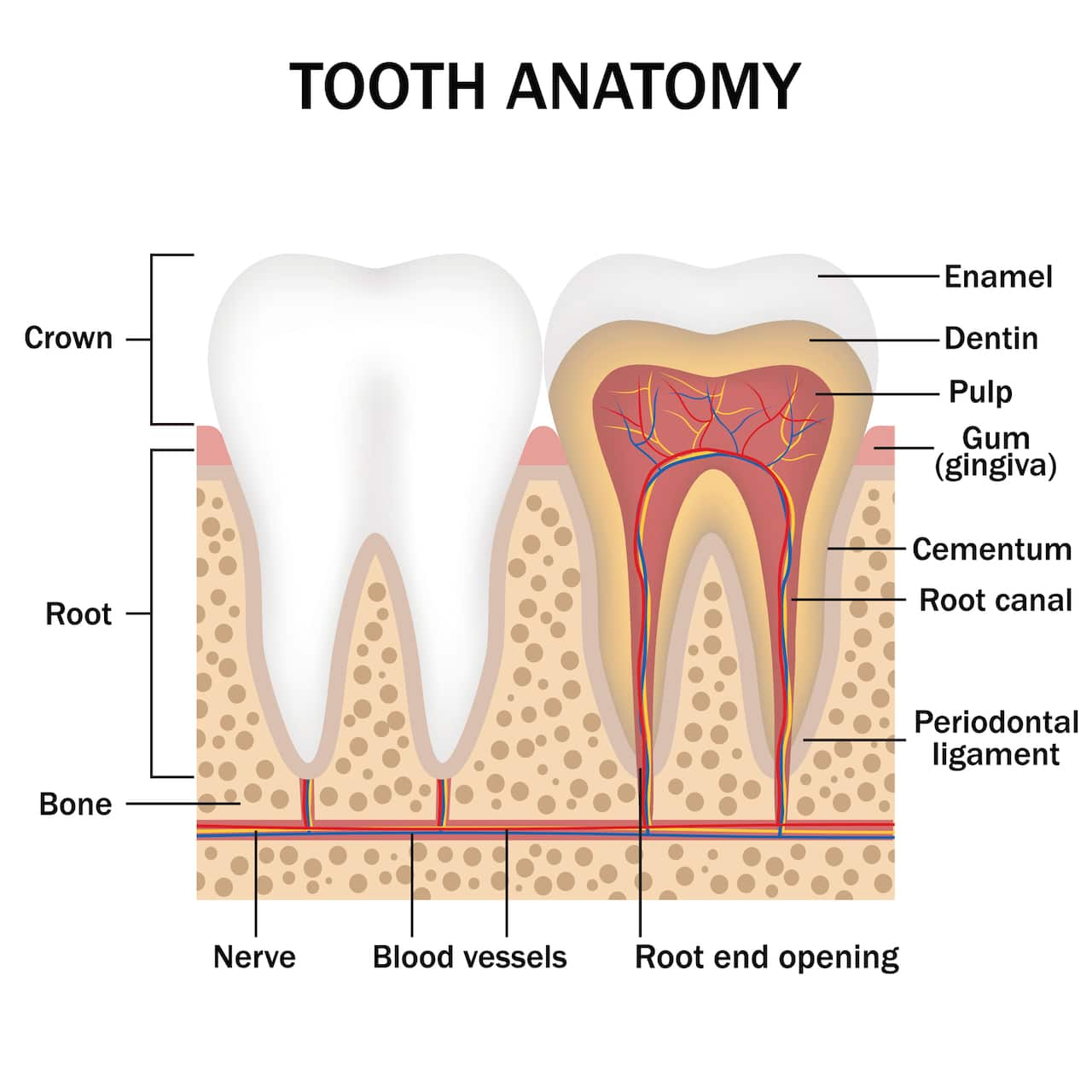Regular trips to the dentist to get new fillings and replace old ones could become a thing of the past, after a new study revealed a drug that helps rotten teeth to repair themselves.
The drug, which has been assessed as a potential Alzheimer's treatment, has been found to enhance the tooth's natural ability to repair itself, through the activation of stem cells in the soft pulp at the centre, the Guardian reports.
Normally, that ability is limited to repairing small cracks and holes in the tooth, not a large cavity. However, a drug called Tideglusib can enhance the tooth's ability to rebuild cavities extending from the surface to the root.
Instead of treating rotten teeth with cement fillings - which inevitably erode or detach, and can also weaken the tooth, leaving it prone to infection - a biodegradable sponge is soaked in the drug, and applied to the cavity.
After a while, the tooth will start to rebuild itself, and the sponge will disintegrate, according to the scientists. "The tooth is not just a lump of mineral, it's got its own physiology. You're replacing a living tissue with an inert cement," Professor Paul Sharpe, who led the work at King's College London, told the Guardian.
"The tooth is not just a lump of mineral, it's got its own physiology. You're replacing a living tissue with an inert cement," Professor Paul Sharpe, who led the work at King's College London, told the Guardian.

The treatment encourages cells in the dental pulp to heal cavities in the tooth. Source: iStockphoto/Getty Images
"Fillings work fine, but if the tooth can repair itself, surely [that's] the best way. You're restoring all the vitality of the tooth."
In the study, which has been published in Scientific Reports, the procedure was successfully trialed on mice and led to "complete, effective and natural repair".
Now they are testing the technique on rats, whose teeth are four times larger than those of mice, and if successful they plan to start clinical trials on human patients later this year.
The drug has already been trialed in patients as a potential dementia therapy.
"Hopefully in a three-to-five year period this would be commercially available," Prof Sharpe told the BBC.
"The safety work has been done and at much higher concentrations so hopefully we're on to a winner."
Share

